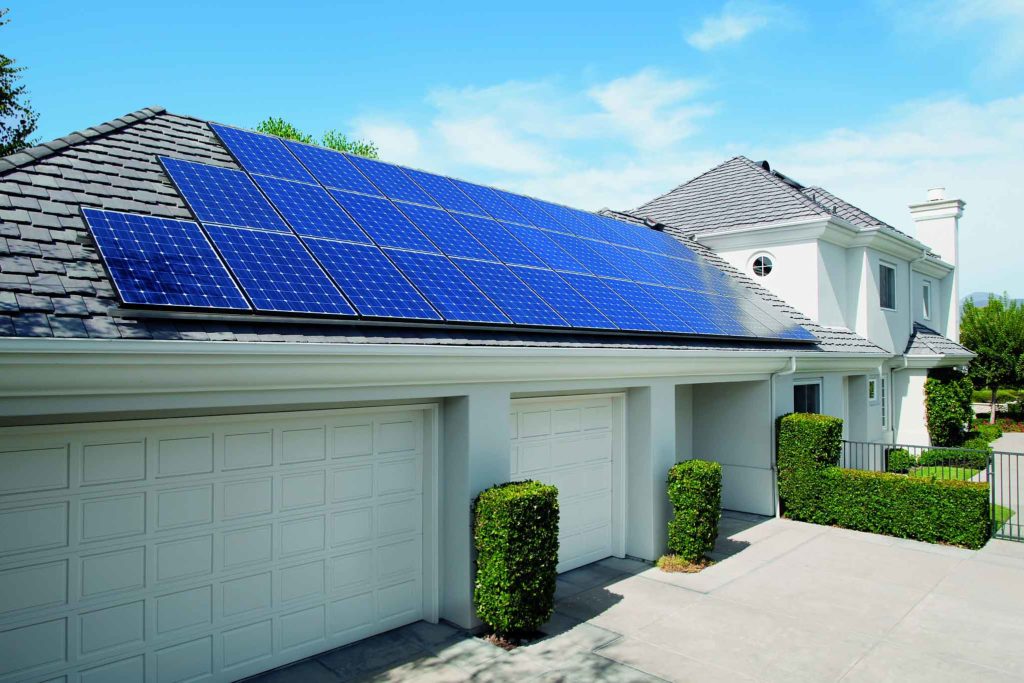As a realtor, I’m always looking for ways to improve my home and make it more attractive to potential buyers & reduce my power bill. One of way I’ve found to do this is by installing solar panels on my roof. Not only does this provide me with a clean, renewable source of energy, but it also makes my home more energy-efficient and cost-effective in the long run.

If you’re considering installing solar panels on your own home, you may have a lot of questions and concerns about the process. As someone who has recently gone through the experience myself, I’m here to provide some insight and help you make an informed decision.
First and foremost, let’s talk about solar panels themselves. These photovoltaic (PV) systems are designed to capture the sun’s energy and convert it into electricity that can power your home. They typically consist of several panels that are installed on your roof, facing south or southwest to maximize their exposure to the sun. Panels can be installed on other side of the roof but they will not perform at their best.
One of the biggest benefits of solar panels is that they can help you save money on your energy bills. When your panels generate more energy than you need, the excess electricity is sent back to the grid through a process called net metering. This means that you can earn credits on your bill for the excess energy you generate, which can help offset the cost of your initial investment.
Another advantage of solar panels is that they’re a renewable source of energy. Unlike fossil fuels, which are finite resources that will eventually run out, solar energy is constantly replenished by the sun. By installing solar panels, you’re reducing your reliance on non-renewable energy sources and doing your part to help protect the environment.
Of course, there are some downsides to consider as well. One of the main concerns people have about solar panels is the upfront cost. It’s true that installing solar panels can be a significant investment, but there are a number of solar incentives and rebates available that can help offset the cost. Additionally, many solar providers offer financing options and solar leasing programs that can make the upfront cost more manageable.
Another concern is the reliability of solar energy. What happens on cloudy days or during periods of low sun exposure? The good news is that most solar panels are designed to still generate some energy even in less than ideal conditions. Additionally, you can install a solar battery storage system that allows you to store excess energy generated during sunny days and use it when the sun isn’t shining.
As a realtor who has recently installed solar panels on my own home, I understand the pros and cons of this investment. I’m happy to share my experience and answer any questions you may have about solar panels and how they can benefit your home. If you’re considering installing solar panels, don’t hesitate to reach out to me for guidance and advice.

